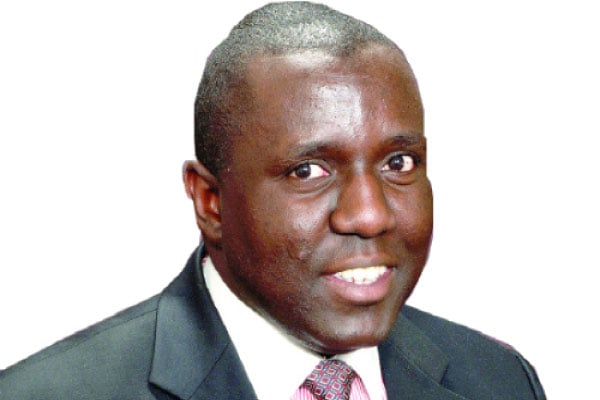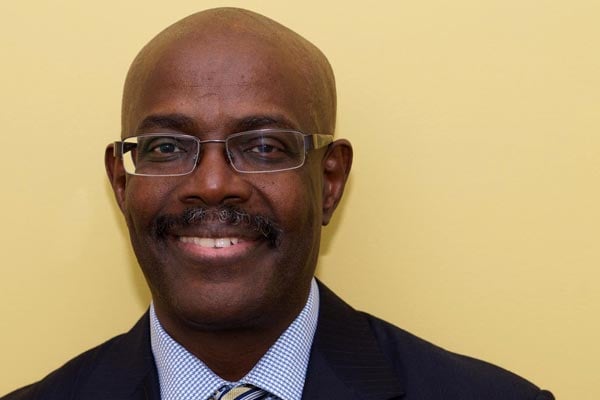Prime
From the Empire to Great Britain to Commonwealth

Author: Mr Karoli Ssemogerere is an Attorney-at-Law and an Advocate.
Queen Elizabeth Regina II, 96, has transitioned from the throne to a crypt. She reigned 70 years after the death of her father King George VI.
In her time, the British Empire in which the sun never set, from the International Date Line where the islands of Nauru, Kiribati, Fiji, and Tonga all became independent transitioned into a commonwealth, a club of former British colonies.
Still, some 16 dominions including Canada and Australia call the British monarch their head of state and are formally ruled through the Privy Council, a committee of the House of Lords which is the final authority on legislation, judicial affairs, and other matters of state.
Yet the Commonwealth is not necessarily Britain’s biggest geopolitical event. Staring defeat in its face in the Second World War, Britain turned to its former colonial possession, the United States, for military and economic support.
Winston Churchill warded off a German invasion from the air in 1945 at great cost. The Americans forced the British to give up their colonial possessions an event associated with the start of the cold war when the Americans and their allies faced off with the now defunct Soviet Union in yet another scramble for Africa.
It is testimony to this global geopolitical formation at the time of death that this scramble for African resources home to 70 percent of its arable land, key minerals namely precious stones, gems, diamonds, lithium, coltan, iron, copper, cobalt and other industrial minerals is still on.
Exhibit A; being the Democratic Republic of Congo; Southern, Eastern, and Western Africa. For these riches, Africa has returned the lowest per capita growth and hosted endless conflicts.
To readjust to the modern era after the loss of its colonial possessions, in a state of near humiliation, Britain after long objections of the six founding members of the European Economic Community, the EEC led by France acceded to the EEC in 1973.
During most of their time in the EEC, Britain, which was the poorest big member, railed against high membership costs; loss of sovereignty, and the lady with the handbag, Margaret Thatcher all but frustrated closer economic and political integration.
The defeat of the Maastricht Treaty in 1992 was one such event and Britain opted out of the Schengen visa-free travel arrangements.
Yet the EU shielded Britain from the worst and laid a base for future prosperity. Inside the EU, Britain became Europe’s second-largest economy with close trading arrangements with its largest economy Germany. Britain never quite belonged because the EU saw itself primarily as a continental project to bring together fragile nations and face off a resurgent Russia.
A British constitutional tool, the referendum used first to defeat Scottish nationalists in 2014 quickly turned lethal as one morning in 2016, the British in an unexpectedly close vote 51percent to 48percent voted to bolt from the European Union.
In this uncertainty, the Queen has rested, having handed power to a record 15 Prime Ministers including one shortly before she died, Lizz Truss. Her death momentarily halted the perceived decline of the Conservative Union Party but also set back the cause of Scottish independence by at least another 30 years.
The Queen chose to die in Balmoral in Scotland, the land of her mother’s ancestor Elizabeth Lyon. The Union of Settlement three centuries old is contested on similar grounds as the Irish and to a lesser extent, the Welsh have contested English domination.
The electoral collapse of the Labour party is blamed on its failure to come to conclusively settle this problem. Labour lost ground in Wales and a near wipeout in Scotland after tabling and implementing devolution in the tenure of Tony Blair.
One global headline correctly stated the death of Queen Elizabeth II put a formal end to the 20th Century, a big peacetime event in a time of global uncertainty. First the pandemic and now the war of wills between remnants of yet another Empire Russia facing off their Elizabethan successors.
Mr Ssemogerere is an Attorney-At-Law and an Advocate.
Don’t want to miss out on any story? For updates on all Monitor stories, follow this link on Telegram: https://t.me/dailymonitor




